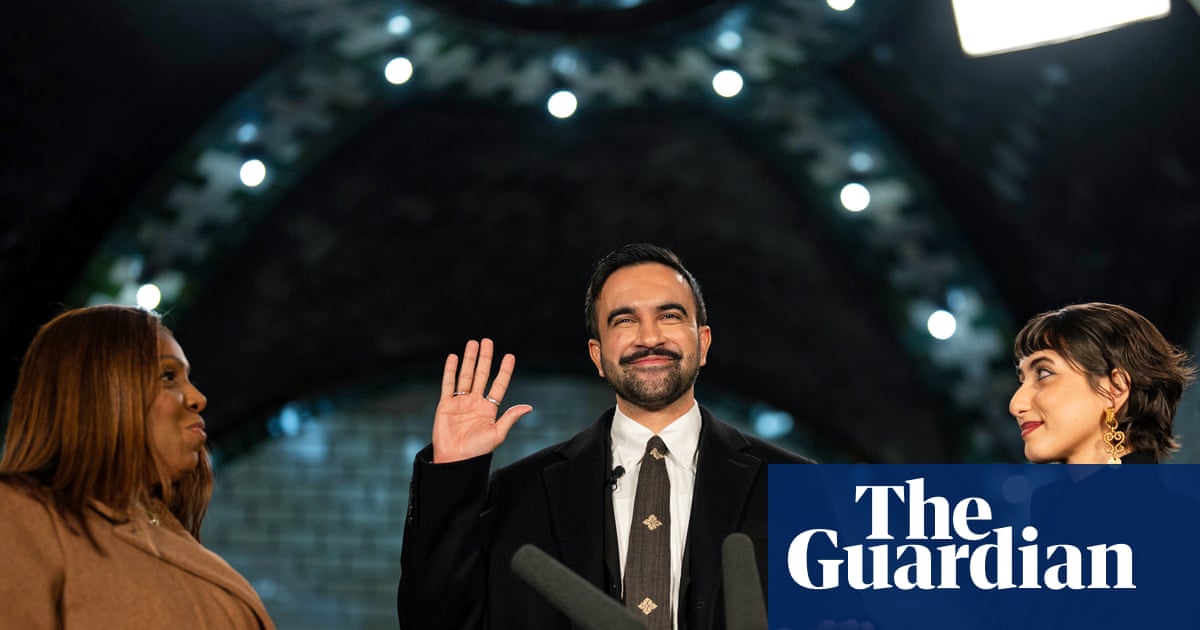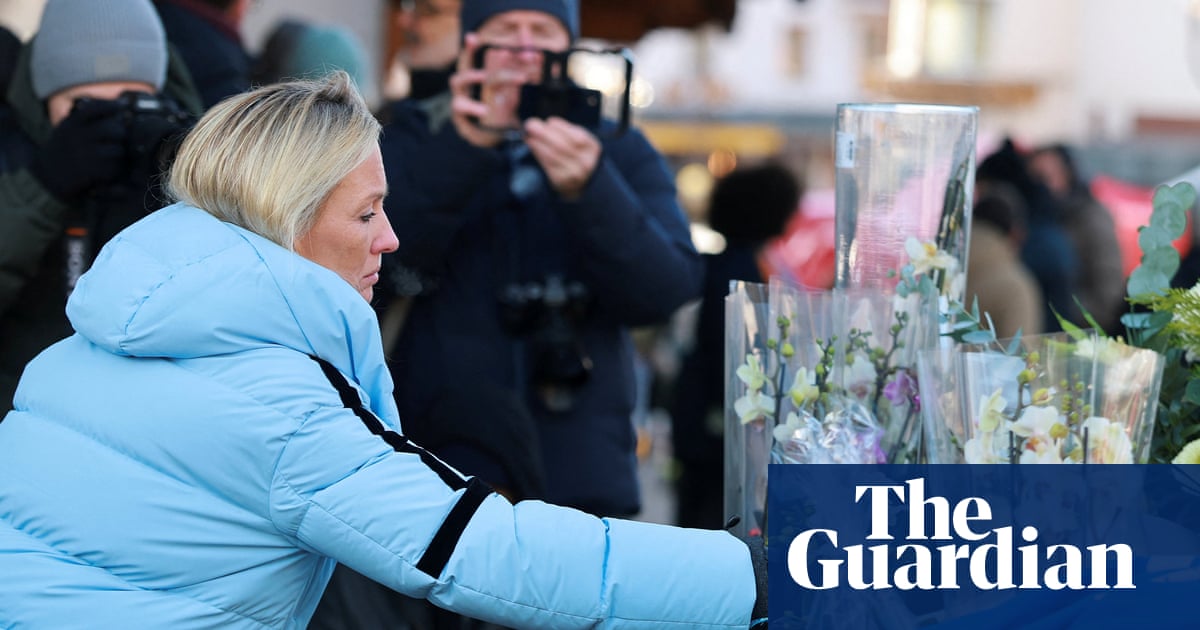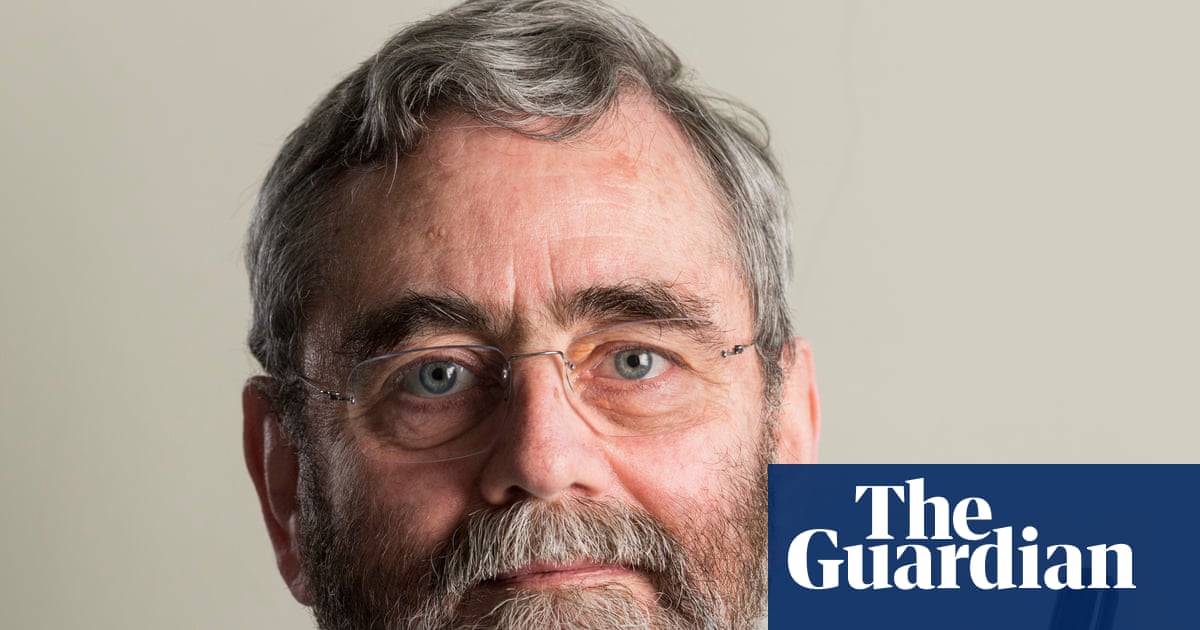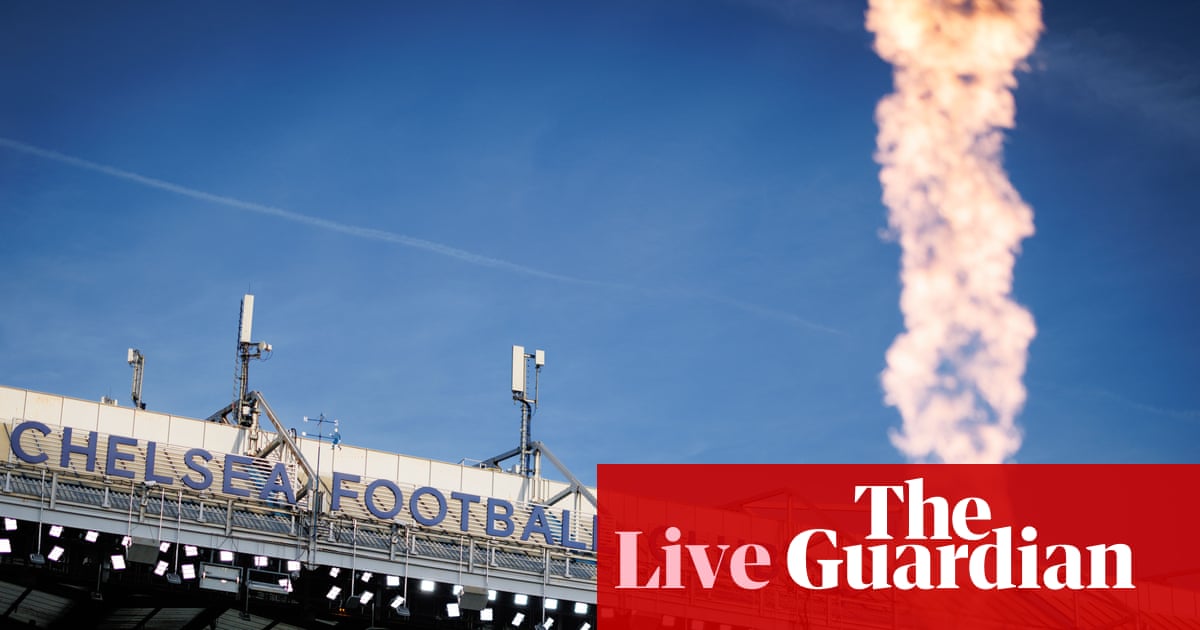Trump’s change in tone is valuable to Ukraine – but more than words are needed

Dan Sabbagh
Defence and security editor
The change in Trump’s tone is worth something to Kyiv.
But if the US president were to be serious about a Ukrainian battlefield victory, it would require not just further economic sanctions, but a far greater provision of American weapons and probably direct military intervention on the part of the west as well.

Russia has been forced to retreat only during two periods since its full-scale invasion began in February 2022: in the spring of that year, when it was over-extended around Kyiv; and again in autumn 2022, when it faced a similar problem in Kherson and when defences were thinly held in the Kharkiv region before the Kremlin launched a mobilisation drive.
Critically, Ukraine failed with its counteroffensive in the summer of 2023. Western tanks, rockets and armoured vehicles were supplied but used poorly by Kyiv, spreading them out at multiple points along the front in attacks that failed to take account of Russian mines, trenches and other defences.
The gains amounted to six miles at best at one or two points on the front and have long since been eradicated by the slow, but remorseless Russian advance from Avdiivka to the gates of Pokrovsk in central Donetsk. Moscow has held the initiative since early 2024 and shows no sign of relinquishing it.
Ukraine itself has long since acknowledged that it cannot win back lands conquered by Russia through military means.
In February, Zelenskyy accepted that some or all of the territory occupied since 2014 would have to be returned to Ukraine by “diplomatic means” while other experts have talked about pursuing a highly militarised defensive strategy.
In military terms, Ukraine would probably only be able to push out the Russian invader in one of two scenarios. One is a radical change in western intervention – perhaps the direct involvement of Nato air power – but the idea is so politically unlikely that it ought to be discounted. The second is a Russian collapse, stemming probably from regime change at the Kremlin, of which, again, there is no sign.
Key events Show key events only Please turn on JavaScript to use this feature
Trump's new rhethoric gives Germany hope to discuss tighter sanctions on Russia, spokesperson says
We also got a reaction from Germany to Trump’s comments on Russia and Ukraine last night (9:35).
A government spokesperson said that his new rhethoric gives Germany hope that tighter sanctions against Moscow can be discussed more intensively.
The “basic tone (of Trump’s statements) corresponds to the political goals of the German government, which for weeks and months has been working to ensure that Western pressure on the aggressor, Russia, remains high and increases,” said the spokesperson at a regular government press conference.
UK police makes arrest related to cyber-attack causing travel chaos at major European airports
Meanwhile, the UK police said a man in his 40s had been arrested after a cyber-attack caused travel chaos at major European airports including Brussels, Berlin and London’s Heathrow.
Britain’s National Crime Agency (NCA) said the suspect had been released on conditional bail after officers detained him late Tuesday in West Sussex, southeast England, on suspicion of offences under the Computer Misuse Act, AFP reported.
A Spanish defence ministry spokesperson said in a statement shared with Reuters that “there has been an attempt to disrupt the GPS signal,” but the plane was not affected as it had its own encrypted system.
They also noted that it’s a common occurence on this route with commercial flights.
There is a bit more detail on the GPS incident involving the Spanish defence minister (11:34).
Reuters reported that as well as Margarita Robles, the plane was carrying relatives of Spanish airmen forming part of the new Nato air defence mission on its eastern flank launched earlier this month after Poland shot down drones that had violated its airspace.
A commander onboard the Spanish plane told reporters travelling with Robles that such incidents are common when flying near Kaliningrad, both for civil and military aircraft, and the Spanish plane could also navigate using military satellites, Reuters said.
Robles was due to have a bilateral meeting with her Lithuanian counterpart Dovilė Šakalienė during a visit to the Siauliai airbase on Wednesday morning, the Spanish government’s agenda showed.
It was also confirmed by a listing on the Lithuanian government’s website here.
Kremlin rejects Trump's suggestion Ukraine could win back occupied territories
We are also getting more news lines from the Kremlin, in response to Trump’s comments on Ukraine last night.
Kremlin spokesman Dmitry Peskov insisted that Russia’s economy fully satisfied the needs of its army and it was a big mistake to believe that Ukraine could win back Russian occupied territories, Reuters reported.

Jakub Krupa
The incident will unavoidably raise some eyebrows and prompt questions about what exactly happened and whether there was any hostile intent behind it, but it’s worth remembering that GPS jamming incidents in eastern Europe are increasingly common.
Earlier this month, the European Commission said that a plane carrying its president, Ursula von der Leyen, was also affected by GPS jamming when approaching an airport in Bulgaria, with the bloc blaming Russia for the incident.
Spanish military jet carrying defence minister faced GPS 'disturbance' over Kaliningrad
A Spanish military jet with defence minister Margarita Robles onboard suffered a GPS “disturbance” on Wednesday morning while flying over the Russian Kaliningrad enclave, en route to Lithuania, the ministry said, as reported by Reuters.
It first appeared in a report by Spanish news agency Europa Press.
Trump’s address to world leaders at the UN was for a different audience: his base

Andrew Roth
in New York
Donald Trump may have been speaking to the 192 other world leaders gathered in the United Nations, but the real target of his speech on Tuesday was Europe, which was hauled up repeatedly as the whipping boy for an antiliberal, blood-and-soil polemic that renewed an assault on the transatlantic relationship that has become a theme of his second administration.
In an hourlong address to the assembled world leaders and delegations, Trump told European leaders directly that they were destroying their own countries – and that they should be more like the US as he condemned their policies on immigration, green energy and political correctness.

These were not subtle digs. On migration, he told Europeans that “your countries are going to hell.” On Europe’s approach to climate change, he said it was “on the brink of destruction because of the green energy agenda”. On the war in Ukraine, he said Europe was “funding the war against themselves. Who the hell ever heard of that one?”
This is red meat for his supporters, and observers from across the aisle in the United States quickly identified Trump’s likely audience as his own base. The first 10 minutes were almost a classic stump speech, with Trump telling foreign leaders about how well he had handled inflation and that after just eight months in office “we are the hottest country anywhere in the world, and there is no other country even close”.
But then he turned his gaze to the failures of the United Nations and other world leaders – in which an aide forecast that he would denounce “globalists”. US conservatives would have been delighted to watch Trump tear into European liberals, who were forced to watch and politely applaud as they were accused of gross mismanagement of their countries.
“Let’s not pretend this is a foreign policy speech or dignify it by calling it one,” wrote Ned Price, a former deputy to the US representative to the United Nations during the Biden administration.
“This is basically Maga madlibs. Trump is speaking to his political base, hitting each of his campaign trail hits, while addressing a room of leaders who’d rather be just about anywhere else.”
'Effectiveness there is close to zero,' Kremlin says on Russia-US rapproachment
Meanwhile, the Kremlin struck a notably downbeat tone on the Russia-US rapprochement, with spokesperson Dmitry Peskov telling RBC radio that “this track is sluggish, very sluggish” with “the effectiveness there … close to zero,” AFP reported.
Germany's Merz talks about urgency of reforms facing his government
German chancellor Friedrich Merz has been speaking in the Bundestag in last half hour, taking part in a “general debate” on the situation in the country (which is why he isn’t in New York for the UNGA, a move which sparked some controversy domestically, as explained on Europe Live on Monday).

He struck a similar tone to his previous appearance there, warning lawmakers that Germany, or more broadly “the entire western community of values,” was “facing one of the most challenging moments in its modern history.”
He also repeated his point that “foreign and domestic policy can no longer be separated.”
On economy, he acknowledged that many German business and trade union leaders are “deeply concerned” about future, urging lawmakers to “act quickly” on issues such as tax and investment policies, cutting red tape, and tackling energy prices.
He also indicated that his government will present a broader proposal to reform Germany’s welfare provisions “by the end of the year.”
Merz also struck a cautious note on green policies – perhaps picking up on unusual praise from Trump last night – telling the Greens that he believed that climate policies needed to be not ideological, but pragmatic to command the support of the population and not undermine German industrial base or social cohesion in the country.
He said the auto, steel and chemical sectors must remain key industries in the country, and called for lower operational costs for the German aviation sector.
Kremlin says 'no alternative' to continuing its invasion of Ukraine
Meanwhile, the Kremlin said this morning there was “no alternative” for Russia than to continue its offensive on Ukraine that it launched in 2022, AFP reported.
“We are continuing our special military operation to ensure our interests and achieve the goals” set by Russian president Vladimir Putin, Kremlin’s spokesman Dmitry Peskov told RBC radio, using Moscow’s term for its assault on Ukraine.
The Kremlin also claimed that Russian troops were advancing on all fronts in Ukraine, rejecting Trump’s suggestions that Ukraine could regain all its captured territory, Reuters said.
Responding to Trump’s suggestion that Russia was “a paper tiger,” Peskov said that Russia was a bear, not a tiger, and “there is no such thing as a paper bear“.
Morning opening: Trump sides with Ukraine (for now?)

Jakub Krupa
US president Donald Trump has said he believes Ukraine can regain all the land that it has lost since the 2022 Russian invasion in one of the strongest statements of support he has given Kyiv, just hours after also saying he thinks Nato should shot down Russian aircraft violating its airspace.
The U-turn was even more surprising as it came just hours after Trump publicly admonished Europe for its migration, climate and energy policies, telling astonished leaders that their countries were “being ruined” and “going to hell.”
Ukrainian president Volodymyr Zelenskyy looked initially as surprised as anyone at Trump’s dramatic change of views, but very happy to finally end up on the right side of the US president, at least for now.
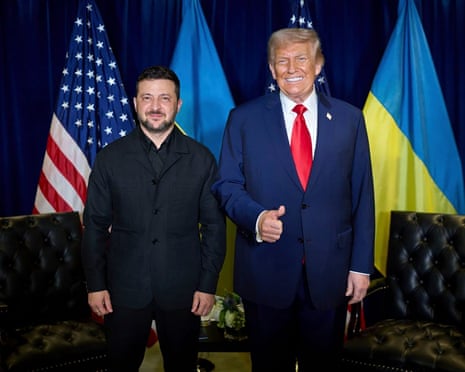
Let’s see how long it lasts. I will look out for European reactions and bring them to you here, and we should hear from Zelenskyy himself at the UN general assembly later today.
Separately, I will keep an eye on reports from Denmark as the police investigation into the drone incident at Copenhagen airport continues.
I will bring you all the key updates here.
It’s Tuesday, 23 September 2025, it’s Jakub Krupa here, and this is Europe Live.
Good morning.

 3 months ago
65
3 months ago
65


